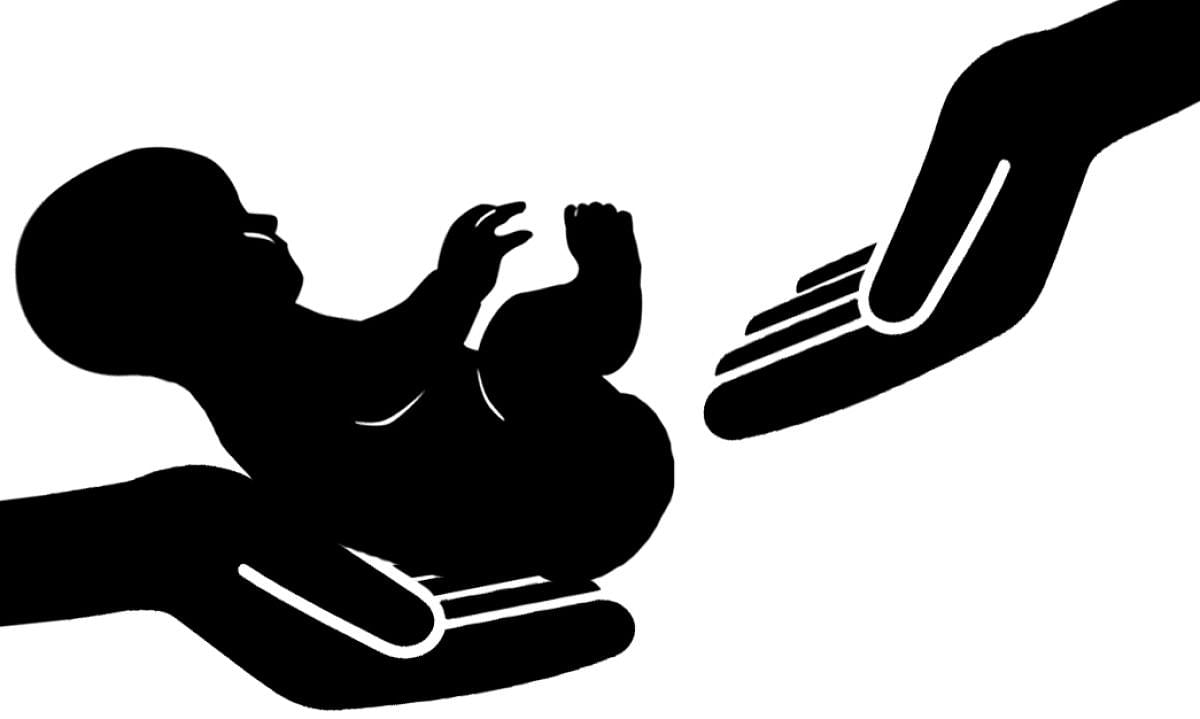
Only 6% of all children adopted in Karnataka for the past five years constitute children with special needs, according to government data sourced from State Adoption Resource Agency.
The trend in Karnataka is also seen nationally as most of the 26,000 prospective adoptive parents (PAP) registered with the Central Adoption Resource Authority (CARA) prefer to adopt healthy toddlers over older kids or kids with special needs.
An analysis of statistics maintained by CARA as of December 2019 by voluntary organisation Families of Joy finds only 77 such kids under the age of two years who are available for adoption versus 1,407 specially abled children.
Aloma Lobo, a former CARA chairperson who has worked in the field of adoption for more than 30 years and who herself has adopted a daughter with a rare genetic disorder, says that most Indian parents only want younger and healthier children.
Also read: Adoption: Online, but without a soul?
“In the past, nobody wanted to take up a child with the mildest of special needs. Though there is still a lot of superstition and stigma attached to visible special needs, we are only now beginning to see parents taking in children with correctable and minor special needs,” she said.
But for the other children who have more severe conditions, the road is much tougher.
“Depending on the severity of their condition, they are sent to agencies, orphanages or homes that can take care of them. If they have very severe disabilities, the adoption agency looks for places where they can transfer them on a permanent basis so that they can be adequately cared for. Some adoption agencies do keep children for a varied amount of time but it is very difficult due to limited funds for treatment,” explains Aloma.
While there is no specific schemes to encourage adoption of kids with special needs, in 2016, CARA introduced an immediate placement list for PAP who wish to adopt from a pool of kids who were ‘harder to place’. This included older kids and kids with special needs.
While this caused a jump in the adoption of kids from the immediate placement list, a group of social workers and counsellors from Karnataka noticed that many were resulting in failures or ‘disruptions’ due to non-adjustment of the child with the adoptive family after placement, but prior to the completion of the legal process of adoption.
The reason was that many PAP who were extremely anxious to adopt were not counselled adequately and hence were not prepared.
Gayatri Abraham, founder of Padme, an adoption resource for parents feels that lack of counselling support in the pre and post-adoptive phase, especially for older kids and kids with special needs is the biggest lacunae in the country. She also feels that it may take Indian parents some more time for an attitudinal change.
“Before CARA, for parents, things like matching of skin tone and colour was important and adoption agencies would facilitate this request as part of the process. It took almost two generations for parents to accept different skin tones. It’s bound to take some time for the prejudices and taboos in the minds of parents to disappear as they are obsessed with having the perfect child and a perfect family,” she said.
Arman Ali, the director of National Centre for Promotion of Employment for Disabled People who has also been a member of a Child Welfare Committee in Guwahati for six years, contends that there could be more adoptions with better and cheaper care systems for the disabled community.
“A range of experts and professionals are required to serve the needs of disabled children. Lack of awareness and access to such resources, coupled with high medical costs deters PAP from adopting such kids. Only some foreign nationals tend to adopt kids with more severe disabilities such as cognitive or developmental disabilities,” he said.
State Commissioner for Persons with Disabilities V S Basavaraju also maintains that better care systems for kids with special needs is not yet a priority for the government.
“The government still depends on NGOs whereas they should really take ownership of providing for those with disabilities and work on human resource development of the sector. We have 19 medical colleges in the state but not even a single one has a physical medical rehabilitation department. This means they don’t have any understanding of the rehabilitation process,” he said.